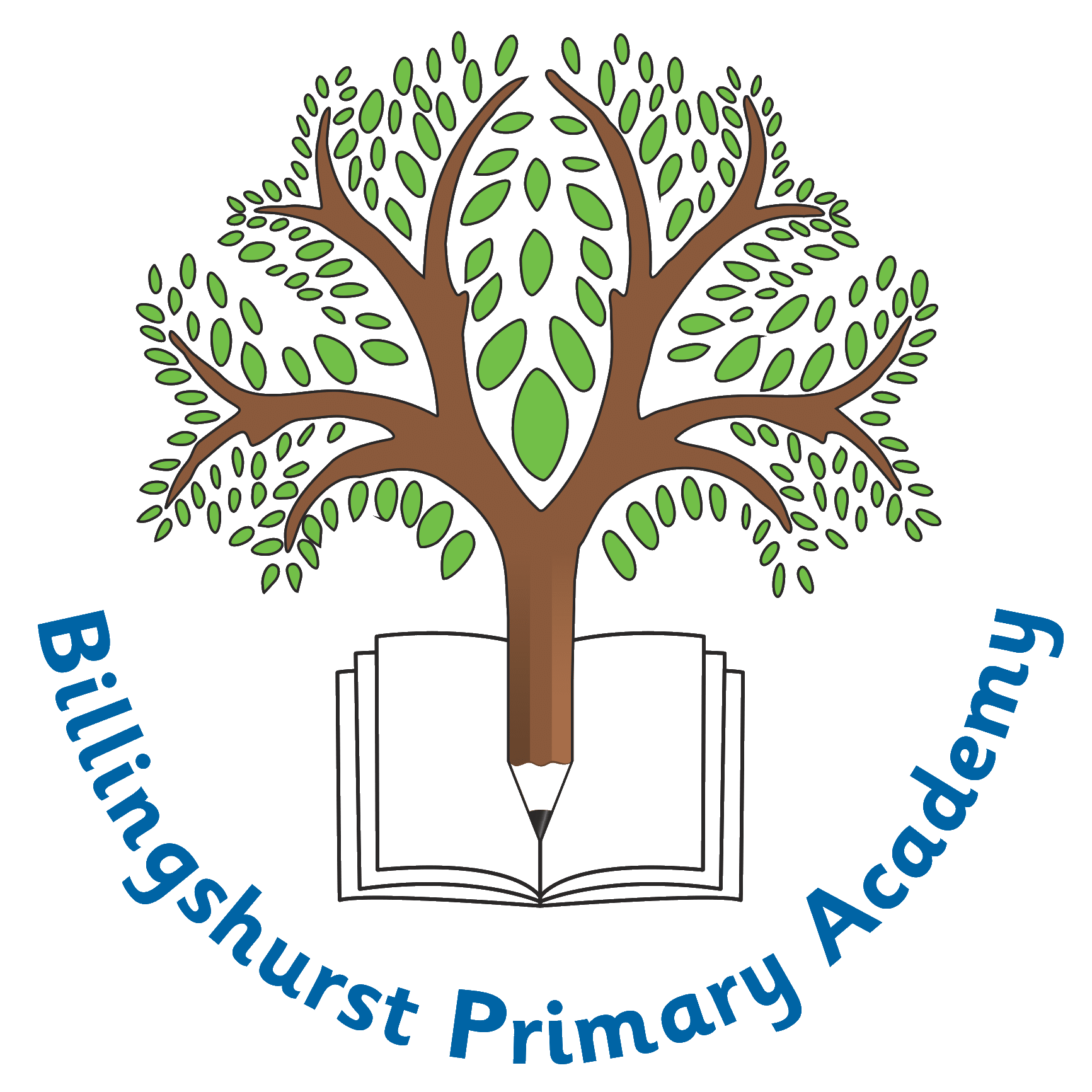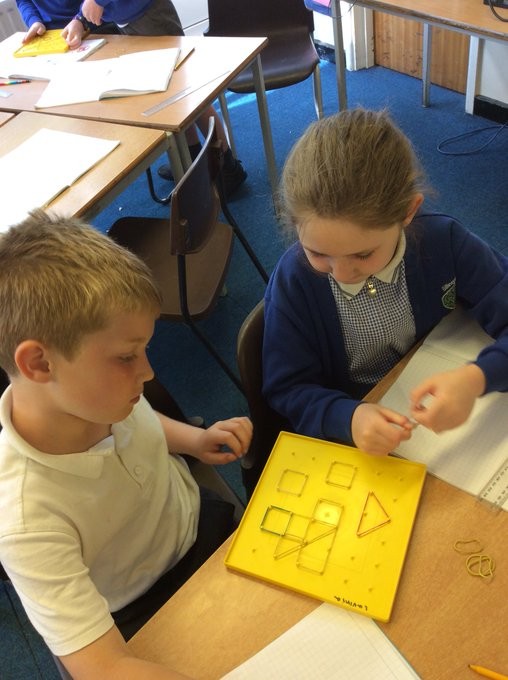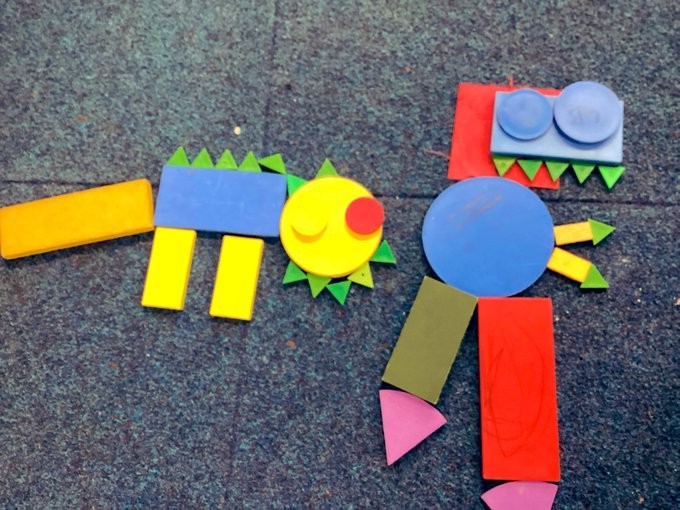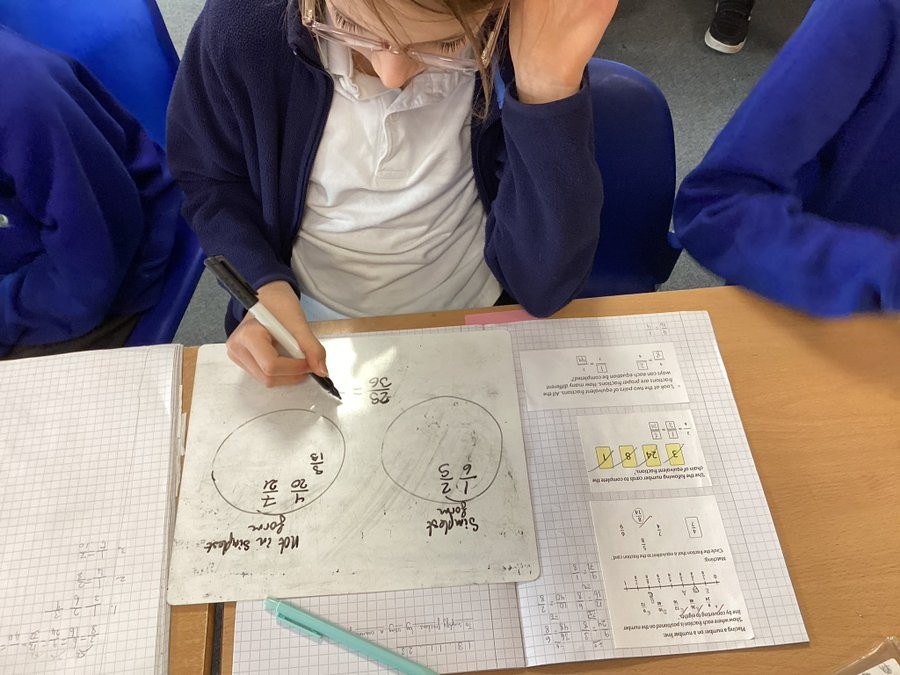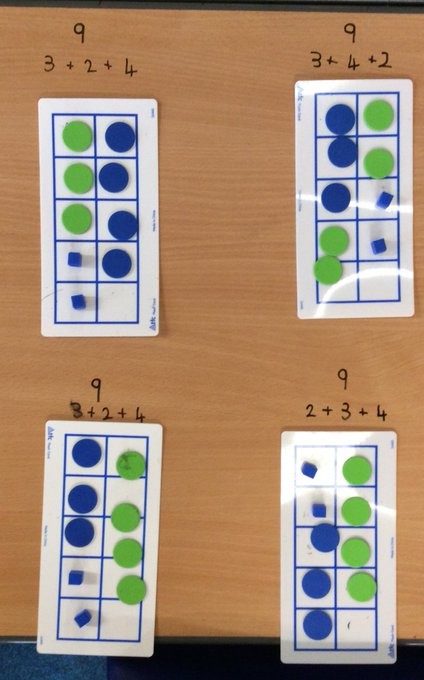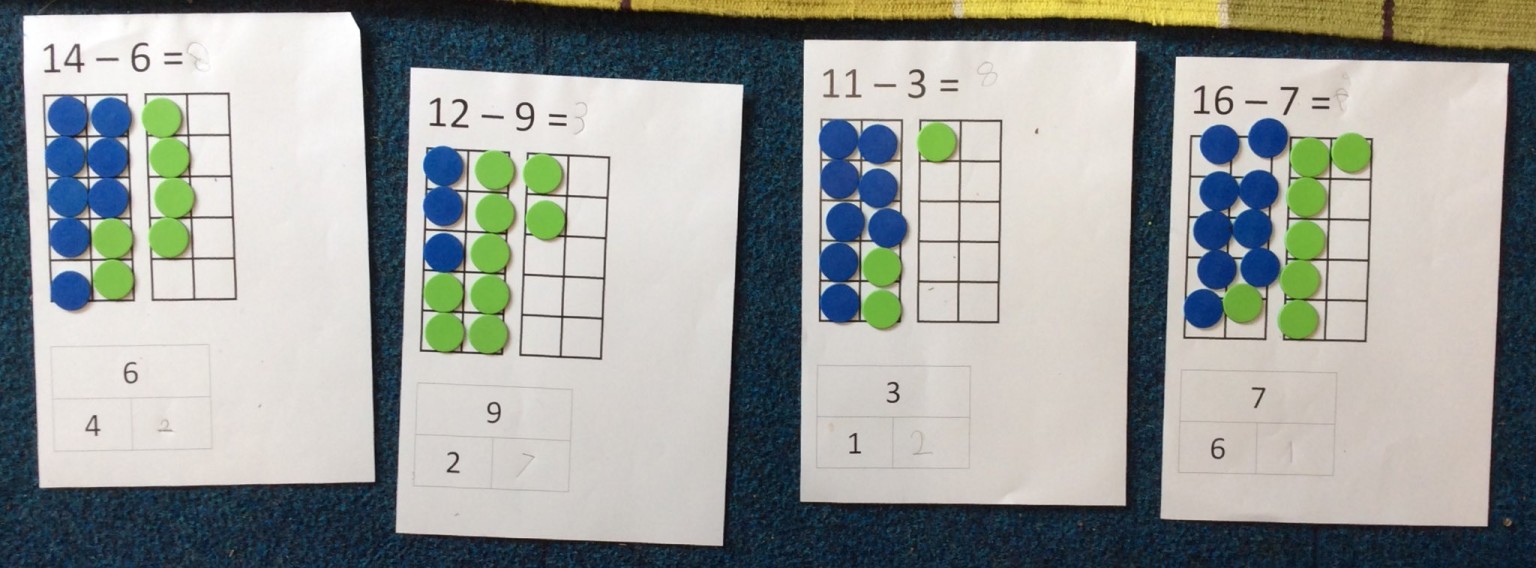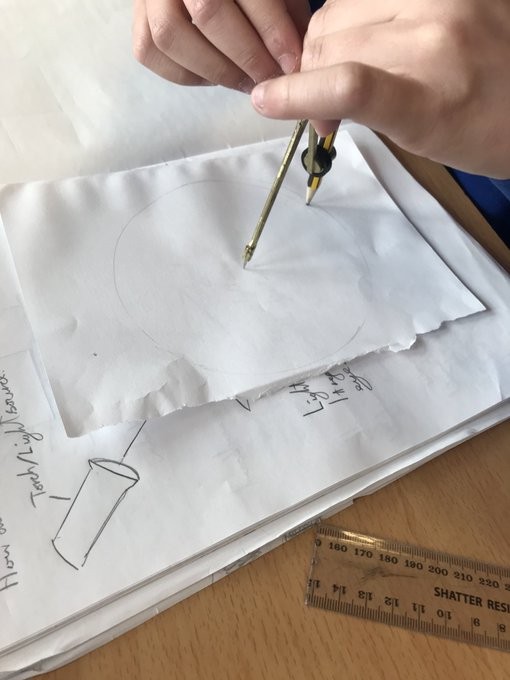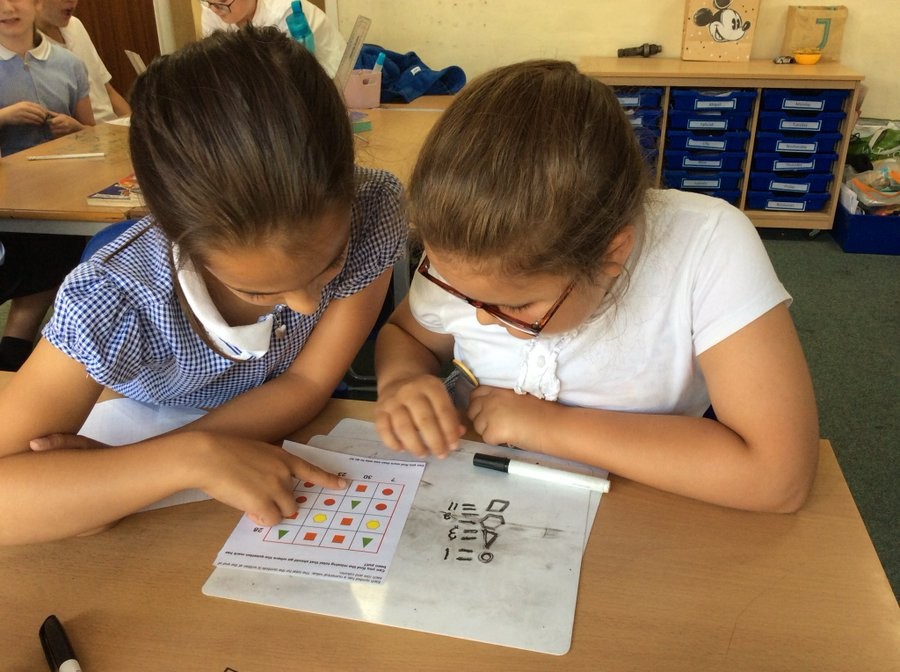Mathematics is a creative and highly interconnected subject that has been developed over centuries, providing the solution to some of History’s most intriguing problems. It is essential to everyday life, critical to science, technology and engineering, and necessary in most forms of employment.
At Billingshurst Primary Academy we believe a high-quality mathematics education provides a foundation for understanding the world, the ability to reason mathematically, and a sense of enjoyment and curiosity about the subject.
The National Curriculum aims to ensure that all pupils:
-
become fluent in the fundamentals of mathematics, including through varied and frequent practice with increasingly complex problems over time, so that pupils have conceptual understanding and are able to recall and apply their knowledge rapidly and accurately to problems
-
reason mathematically by following a line of enquiry, conjecturing relationships and generalisations, and developing an argument, justification or proof using mathematical language
-
can solve problems by applying their mathematics to a variety of routine and non-routine problems with increasing sophistication, including breaking down problems into a series of simpler steps and persevering in seeking solutions.
Our vision for Maths holds these three aims at its core, while also drawing upon other central principles that are important to us:
-
Developing active and ambitious learners who are confident in their learning and recall of key Mathematical ideas and facts, with a drive and the courage to apply creativity when applying or explaining their Mathematical ideas.
-
Developing a sense of belonging for each child within Maths by promoting high aspirations and expectations for all children, regardless of starting points, so that all children grow to see themselves as mathematicians. Pupils who grasp concepts rapidly are challenged through being offered rich and sophisticated problems and ‘Deeper Thinking’ questions, before being accelerated to new content. Pupils who are not sufficiently fluent with earlier material have opportunities to consolidate their understanding, through pre-teaching, extra practice and ‘over-learning’, before moving on.
-
Creating opportunities to make rich connections within and across mathematical domains but also with other subject areas, through our provision of an authentic and creative curriculum, so that children can apply their mathematical knowledge to Science and other subjects.
-
Drawing upon evidence informed approaches to craft the best provision that we can offer, such as: the Teaching for Mastery approach and five big ideas of Mastery advocated by the National Centre for Excellence in the Teaching of Mathematics (NCETM); Oracy, through our participation in the Voice 21 project; and Growth Mind-Set (Carol Dweck and Jo Boaler). We utilise Oak Academy teaching resources that are designed with Sweller’s cognitive load theory, Mayer’s principles of multimedia learning and Rosenshines Principles of instruction in mind, as well as findings from research organisations such as the Education Endowment Fund (EEF). They have been coherently sequenced and are inspired by the NCETM curriculum Prioritisation materials.
